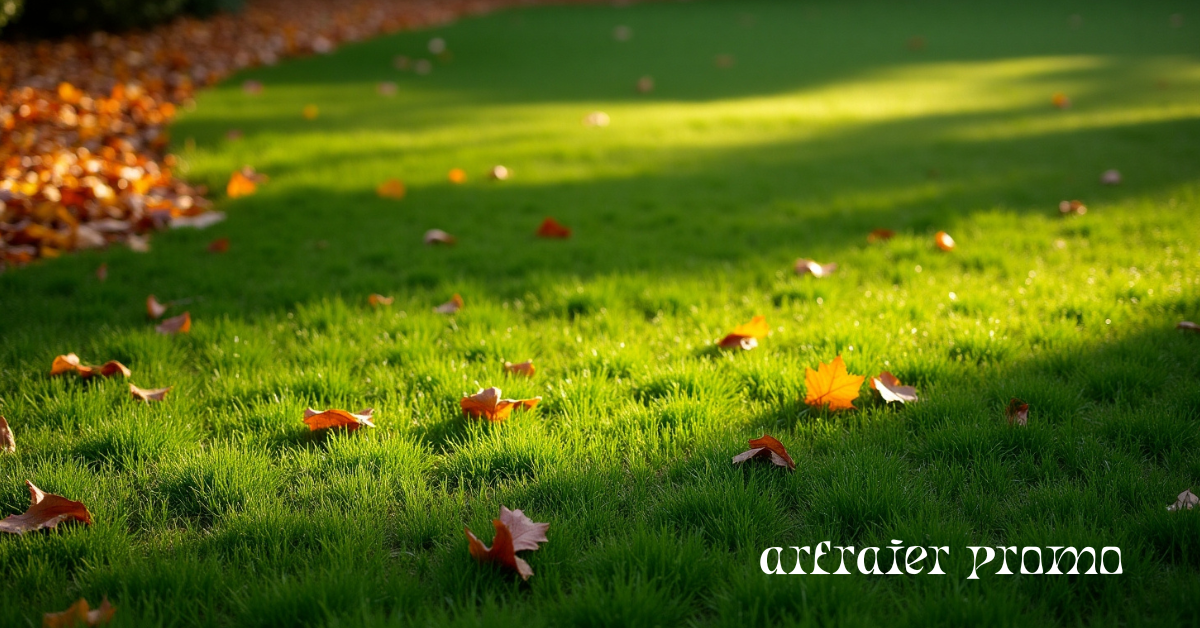Every few years, homeowners face the loud and overwhelming arrival of cicadas. These insects aren’t dangerous to humans or pets, but their constant buzzing, large numbers, and tendency to damage young trees and garden plants make them an unwanted guest. Many people rush to chemical solutions, but pesticides often do more harm than good, killing beneficial insects and polluting the environment.
If you’re wondering how to get rid of cicadas naturally, the good news is there are safe, effective, and eco-friendly methods to manage them. In this guide, we’ll cover practical ways to reduce cicada activity, keep your yard peaceful, and protect your plants without using harsh chemicals.
Understanding Cicadas
Cicadas are insects known for their loud buzzing sounds, which come from males trying to attract females. While their presence may feel overwhelming, they’re actually harmless to people and pets. They don’t bite, sting, or spread diseases.
The real issue lies in their numbers and habits. When cicadas emerge, they can gather in the thousands. Females lay eggs in tree branches, which can weaken or damage younger trees. They also leave behind empty shells that clutter up outdoor spaces.
Cicadas appear either annually or periodically, with some species emerging in massive swarms every 13–17 years. The good news is they’re temporary visitors, usually sticking around for just 4–6 weeks.
Signs of Cicada Infestation
Wondering if your yard is under cicada invasion? Look for these signs:
-
Loud buzzing or clicking sounds that continue throughout the day.
-
Small holes in the ground where cicadas emerge.
-
Damaged branches on trees or garden plants where females lay eggs.
-
Cicada shells clinging to fences, trees, or walls.
If you notice these, it’s time to take action before the numbers grow unmanageable.
Natural Methods to Get Rid of Cicadas
1. Use Garden Netting
Garden netting or mesh is one of the most effective ways to protect plants and young trees. Simply cover vulnerable plants with fine mesh before cicadas emerge. The netting keeps cicadas from landing and laying eggs while still allowing sunlight and water to reach your plants.

2. Attract Natural Predators
Nature has its own cicada control system. Birds, squirrels, chickens, and even some reptiles love feeding on cicadas. By encouraging these natural predators—such as installing bird feeders or leaving some water sources in your yard—you can help reduce cicada populations naturally.

3. Remove by Hand
Though not ideal for large infestations, picking cicadas off plants and furniture works for smaller areas. The best time to do this is early morning or late evening when cicadas are sluggish. Dispose of them by dropping them into soapy water.

4. Keep Outdoor Lights Off
Cicadas are drawn to light. By turning off unnecessary outdoor lights at night, you’ll prevent them from gathering around your yard and home. Motion-sensor lights can also help reduce attraction while still keeping your property secure.
5. Maintain Your Yard
Cicadas prefer areas with plenty of shelter. Regularly trimming trees and shrubs, removing dead branches, and clearing fallen cicada shells can reduce the chances of them lingering in your yard.
6. Water Barrier Trick
A strong stream of water from your garden hose can quickly knock cicadas off trees and shrubs. This doesn’t kill them but helps dislodge large groups, giving your plants some relief.
When Do Cicadas Stop Making Noise?
The loud buzzing of cicadas is often the most frustrating part of their presence. Male cicadas sing to attract mates, which means the noise continues throughout the day. However, cicadas typically quiet down at night when temperatures drop.
The good news? The noise doesn’t last forever. Cicadas remain active for only 4–6 weeks during their mating season. Once their cycle ends, the noise stops until the next emergence.
Insecticide for Cicadas: Should You Use It?
Many homeowners consider insecticides when cicadas become overwhelming. But here’s the truth: insecticides are rarely effective against cicadas. Since cicadas aren’t chewing insects, most sprays don’t kill them effectively.
Worse, insecticides can harm bees, butterflies, and other beneficial insects. According to the EPA’s guide on pesticides and pollinators, using chemical sprays can put vital pollinators like bees at serious risk.
What Kills Cicadas Instantly?
There’s no truly “instant kill” solution for cicadas without using harmful chemicals. In nature, birds and other predators are the fastest way to eliminate them. Hand removal is another option but requires effort.
While pesticides might seem like a quick fix, they pose risks to your plants and other insects. Since cicadas only stay for a short season, patience and prevention are usually more effective than trying to wipe them out instantly.
What Scent Do Cicadas Hate the Most?
Cicadas are sensitive to strong smells. Some scents they dislike include:
-
Vinegar spray – Mix water and vinegar in a spray bottle to deter cicadas.
-
Garlic spray – Blend garlic with water and spray around affected areas.
-
Essential oils – Peppermint, eucalyptus, and clove oils can act as natural repellents.
These natural sprays can discourage cicadas from staying in certain areas. Just be careful when spraying directly on delicate plants, as strong mixtures may harm them.
Preventing Future Cicada Infestations
Since cicadas emerge in cycles, prevention is key. Here are some long-term steps:
-
Cover trees with mesh during cicada seasons.
-
Plant tree species less attractive to cicadas.
-
Keep your yard clean and well-maintained year-round.
-
Use natural repellents early, before cicadas gather.
Overview of Natural Cicada Control Methods
| Method | How It Works | Safety Level | Best For |
|---|---|---|---|
| Garden Netting | Blocks cicadas from plants/trees | Very Safe | Protecting young trees |
| Attract Birds | Natural predators eat cicadas | Safe | Reducing large numbers |
| Hand Removal | Pick cicadas manually | Safe | Small infestations |
| Turn Off Lights | Reduces attraction to areas | Very Safe | Outdoor spaces at night |
| Yard Maintenance | Less shelter for cicadas | Safe | Long-term prevention |
| Water Spray | Knocks cicadas off trees | Very Safe | Quick removal from plants |
| Essential Oils/Vinegar | Repels cicadas with strong scents | Safe | Repelling naturally |
Conclusion
Cicadas may be noisy and frustrating, but they don’t have to take over your outdoor space. By relying on natural and safe methods like garden netting, predator attraction, repellents, and simple yard maintenance, you can greatly reduce their impact.
Remember, cicadas are seasonal visitors. Their presence usually lasts only a few weeks. Instead of reaching for harmful chemicals, use eco-friendly solutions that protect both your garden and the environment. With patience and the right prevention strategies, you can enjoy a cicada-free yard more peacefully.
Frequently Asked Questions (FAQs)
Q1: Are cicadas harmful to humans or pets?
No, cicadas don’t bite or sting. They’re harmless to people and animals but may damage plants.
Q2: How long do cicadas stay around?
Cicadas usually remain active for 4–6 weeks during their breeding season.
Q3: Can I use insecticides to kill cicadas
Not recommended. Insecticides don’t work well on cicadas and can harm beneficial insects.
Q4: Do cicadas come back every year?
Annual cicadas appear yearly, but periodical cicadas emerge in huge numbers every 13–17 years.
Q5: What’s the easiest natural way to keep cicadas away?
Covering plants with netting and reducing outdoor lighting are the simplest and safest solutions.






